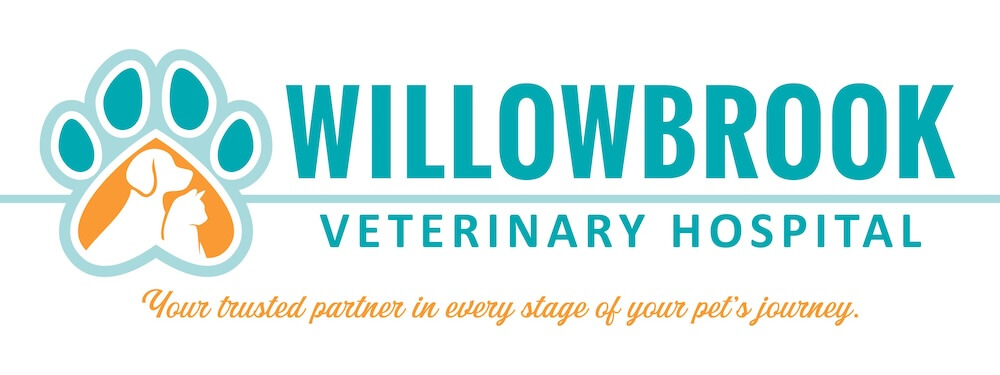Dog Eye Care & Common Eye Conditions
Compassionate Eye Care for Your Best Friend
Your dog’s eyes are not only the window to their soul—they’re also a critical part of their overall health. At Willowbrook Veterinary Hospital, we take eye health seriously and offer comprehensive care for a range of canine eye conditions. Whether your dog has irritated eyes or a more complex issue, we’re here to help.
Signs Your Dog Might Have an Eye Infection or Disease
If you notice any of the following symptoms, it’s time to schedule a visit:
- Watery or teary eyes
- Red or bloodshot eyes
- Squinting or frequent blinking
- Dilated pupils
- Cloudy appearance in the eyes
These signs could indicate anything from irritation to a more serious condition requiring immediate care.
What Causes Eye Infections and Diseases in Dogs?
Eye problems in dogs can be caused by:
- Allergies
- Bacterial or viral infections
- Trauma or foreign objects
- Genetics or breed predisposition
- Underlying systemic diseases
- Age-related changes
Common Eye Conditions We Treat
Our veterinary team frequently diagnoses and treats:
- Cataracts – Cloudiness that can impair vision
- Cherry Eye – Prolapsed gland of the third eyelid
- Ulcers – Corneal damage from injury or infection
- Conjunctivitis – “Pink eye” in dogs
- Dry Eye – Inadequate tear production
- Entropion – Eyelids rolling inward, causing irritation
- Glaucoma – Increased eye pressure, potentially blinding
- Uveitis – Inflammation of the middle part of the eye
When Is a Dog Eye Problem an Emergency?
Seek urgent veterinary care if your dog is:
- Holding an eye shut and seems in pain
- Experiencing sudden vision loss
- Suffering trauma to the eye (cuts, punctures, swelling)
- Showing signs of severe redness, discharge, or cloudiness
- Rubbing their eyes excessively
Don’t wait—eye emergencies can progress quickly and lead to permanent damage.
Are Some Breeds More Prone to Eye Issues?
Yes. Brachycephalic breeds (like Pugs, Bulldogs, and Shih Tzus), as well as breeds with prominent or deep-set eyes (like Cocker Spaniels and Golden Retrievers), are more susceptible to certain eye problems. We can help monitor and manage breed-specific concerns.
Can My Dog’s Eyesight Be Tested?
Yes! We perform a variety of in-clinic vision assessments, including menace response, tracking tests, and specialized tools like the Schirmer tear test and tonometry. These help us assess tear production, eye pressure, and overall function.
How Are Dog Eye Injuries Treated?
Treatment depends on the injury but may include:
- Antibiotic or medicated eye drops
- Pain management
- Protective collars to prevent rubbing
- In severe cases, surgical repair or referral to an ophthalmology specialist
Will My Dog Need to See a Specialist?
Most cases can be managed in our clinic, but we’ll refer you to a veterinary ophthalmologist if advanced diagnostics or surgery are required. We partner with trusted specialists in the Portland area to ensure your dog gets the best care.
Caring for Your Dog’s Eyes at Home
- You can help protect your dog’s eyes by:
- Checking their eyes daily for redness, discharge, or cloudiness
- Using a damp, clean cloth to gently wipe away debris
- Preventing your dog from sticking their head out of car windows
- Keeping hair around the eyes trimmed
Is There a Regular Eye Care Routine for Dogs?
Yes! A simple weekly check and gentle cleaning goes a long way. For dogs prone to issues, we may recommend daily eye drops or ointments. Regular wellness visits also help us catch changes early.
Can I Use Eye Drops at Home?
Only use eye drops that have been prescribed or approved by your veterinarian. Some over-the-counter products can cause irritation or make a condition worse. Always consult us before applying anything to your dog’s eyes.
Have questions or notice something unusual in your dog’s eyes?
Call Willowbrook Veterinary Hospital today—we’re here to help your pet see a bright future.
